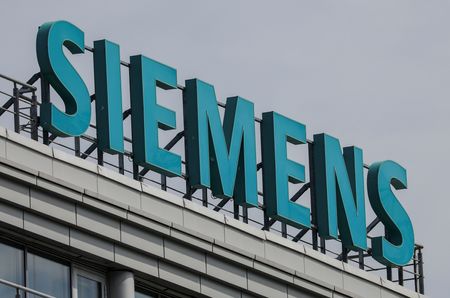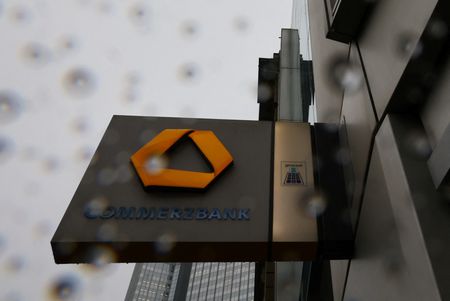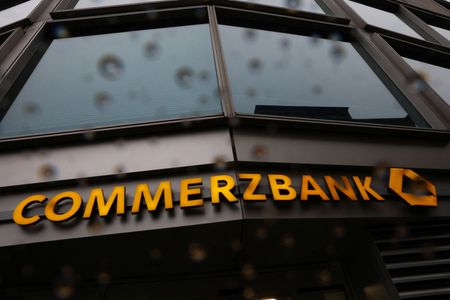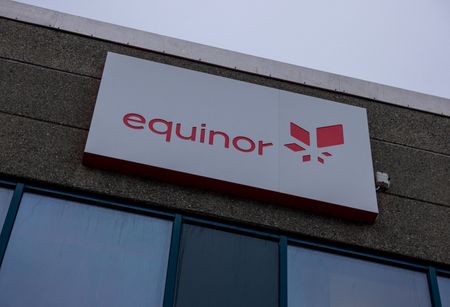By John Revill
ZURICH (Reuters) -Siemens will be able to deal with potential tariffs and continued economic uncertainties, CEO Roland Busch said on Thursday, as the engineering company posted better than expected profit.
The company overcame ongoing struggles at its factory automation business, and said it was seeing signs of recovering demand from customers in sectors like electronics and semi conductors.
Busch said Siemens was able to deal with macroeconomic risks “even in the face of the current, politically motivated tariff regimes and potential countermeasures.”
“The influence of tariffs is not zero, but it’s cushioned to some extent because we have local production facilities and there are counter effects,” Busch told reporters after Siemens reported its first quarter results.
If companies set up new facilities or expanded existing sites in the United States to avoid tariffs, this would also mean new business for Siemens, he said.
The results of Siemens, which makes trains and products to automate factories and buildings, are seen as a proxy for the health of the broader industrial economy.
During its first quarter, it reported an 8% drop in industrial profit to 2.52 billion euros ($2.63 billion), beating forecasts for 2.44 billion euros in a consensus of analysts provided by the company.
Revenue increased 3% to 18.35 billion euros, beating forecasts for 18.02 billion euros, and orders – albeit lower than a year earlier – also came in ahead of forecasts.
Shares were indicated 2.9% higher in Lang & Schwarz pre market indications in Frankfurt, with traders at Alpha Wertpapierhandels saying that Siemens showed “strong reporting at first sight.”
Still there were some trouble spots, like factory automation, while Germany – Siemens’s home market – was “still in crisis mode”, Busch said.
“Companies and society are urgently awaiting clarity and action from a new government,” he told reporters, citing measures like reduced regulation and lower energy prices.
($1 = 0.9587 euros)
(Reporting by John Revill, editing by Rachel More)











